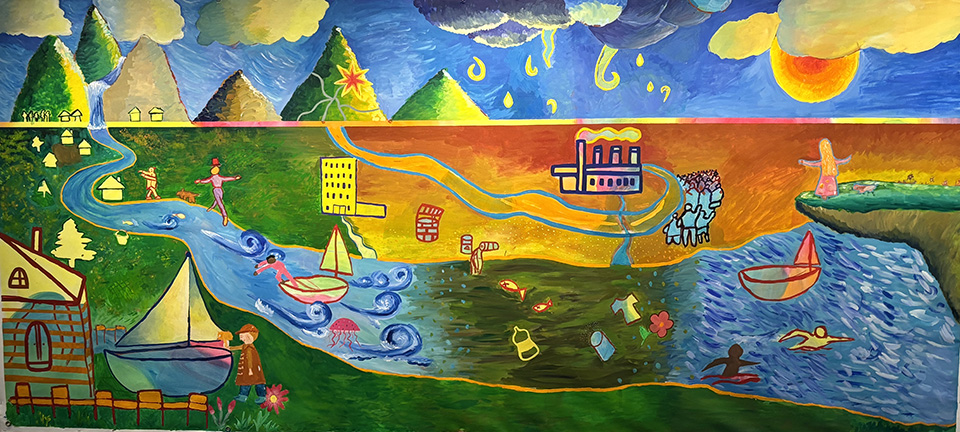Courses

Photo Credit: Toni Shapiro-Phim
Courses for the Creativity, the Arts, and Social Transformation (CAST) minor are from the creative arts, humanities and social sciences.
For complete information on CAST courses, see the Online University Bulletin and the Spring 2026 schedule. Instructors, please see the guidelines on cross-listing courses and developing core courses with CAST.
Spring 2026 CAST Offerings
Toni Shapiro-Phim Th 2:20 PM–5:10 PM
The 21st century presents us with numerous complex challenges, as well as compelling examples of approaches to understanding the mechanisms behind constructive social change. Students in this course will examine discrete community-focused projects -- undertaken at Brandeis and elsewhere -- that creatively address or counter injustices. This will help us begin a conversation about ethical and constructive engagement with community partners who are focused on issues of justice and equity, and give us a basis from which to imagine, plan, and undertake creative efforts to support and amplify the messages and impact of one or more community-based projects. Usually offered every year.
Toni Shapiro-Phim | T 2:20 PM–5:10 PM
Highlights the aesthetic, political, social, and spiritual potency of dance forms and practices as they travel, transform, and are accorded meaning both domestically and transnationally, especially in situations (or in the aftermath) of extreme violence and cultural dislocation. Usually offered every third year.Highlights the aesthetic, political, social, and spiritual potency of dance forms and practices as they travel, transform, and are accorded meaning both domestically and transnationally, especially in situations (or in the aftermath) of extreme violence and cultural dislocation. Usually offered every third year.
William Chalmus | F 2:20-5:10 PM
Presents, analyzes, and discusses art that provokes controversies, discomfort, and other strong responses. This class will focus on a broad range of artistic expressions, including visual art, theater, film, music, and literature with Brandeis faculty as well as visiting artists. Final project consists of students finding, articulating, and advocating for provocative art from multiple perspectives. Note: Students are responsible for attendance and assignments during the shopping period and must be present in those classes to be enrolled off the waitlist.
Usually offered every semester.